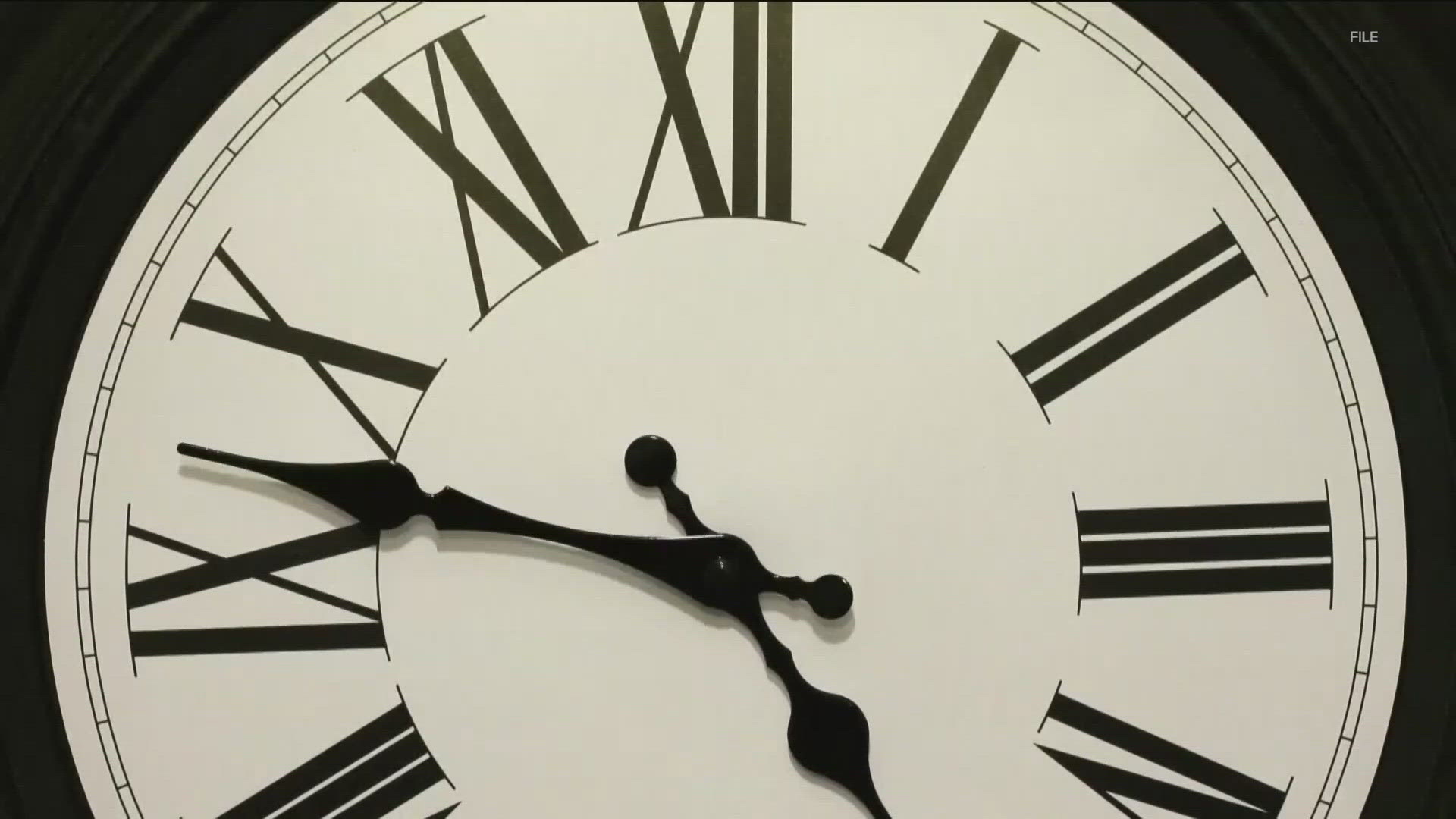ARKANSAS, USA — The end of daylight saving time can be a time to catch up on some much-needed sleep. However, for those suffering from Alzheimer's and dementia, the darker days can cause a lot of confusion.
"For people living with Alzheimer's disease or other forms of dementia, this can really accelerate the disorientation that comes with sundowning, and that can last for weeks in the next weeks and months ahead," Jill Thompson, program director of the Alzheimer’s Association Arkansas Chapter, said.
Sundowning is when patients with dementia get more confused when the sun goes down. One in every five dementia patients suffers from it, so there are a few ways to help them get through daylight saving time.
"Make sure we keep a regular routine with our loved ones with dementia because that is the best way to take care and prevent some of these behaviors that occur ... Maintaining that routine, keeping lights on in the house as it does get to be darker, as it gets to be dusk, at five o'clock and we're not ready for them to go to sleep yet. Make sure they're staying engaged so they're not want to go to sleep earlier."
However, the change in schedule doesn't just impact Alzheimer's and dementia patients. It can also worsen cases of seasonal affective disorder (SAD) as the amount of sunlight continues to decrease.
"It impacts our serotonin and our melatonin levels, which help regulate our mood and our sleep patterns, but it can have an impact on various levels and things within our bodies," Saige Small, Crawford County Mental Health Court treatment coordinator, said. "As we get deeper and deeper into it, we may have more depressive symptoms."
Because of this, it is more important than ever to make sure you get your intake of sunlight throughout the day.
"Make some time to be able to maybe take a break and get outside to do some vitamin D exposure. You can also take a vitamin D pill," Small said. "It may even be something that you want to talk to your primary care doctor or psychiatrist about with maybe doing an antidepressant to kind of get through these months."
Small said there are over three million people in the United States suffering from SAD.
Watch 5NEWS on YouTube.
Download the 5NEWS app on your smartphone:
Stream 5NEWS 24/7 on the 5+ app: How to watch the 5+ app on your streaming device
To report a typo or grammatical error, please email KFSMDigitalTeam@tegna.com and detail which story you're referring to.

